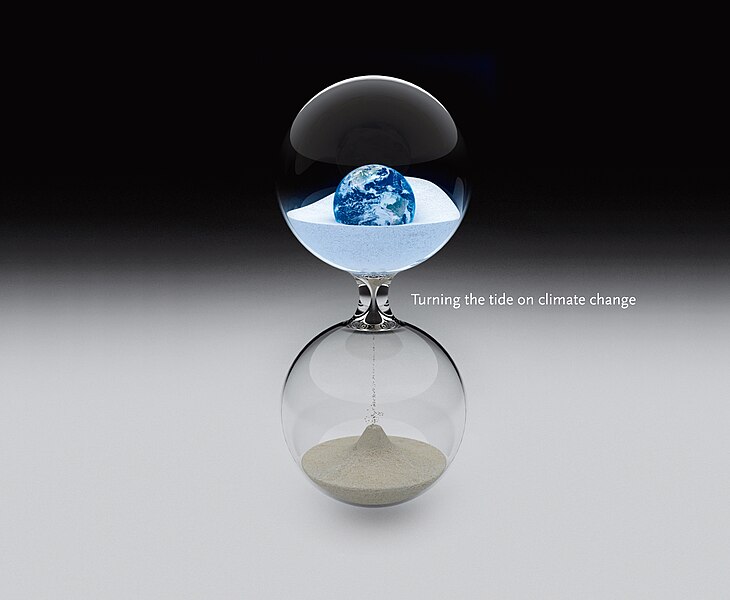
Confirming long-held suspicions, experts declare 2023 as the hottest year ever recorded. The global average temperature soared to 58.96°F (14.98°C), surpassing the previous record-holder,
2016, by 0.3°F (0.17°C), as disclosed by the EU's Copernicus climate change program (C3S).
Throughout 2023, global temperatures surged, with last summer ranking as the hottest on record and July emerging as the warmest month globally. This surge pushes global temperatures perilously close to the 2.7°F (1.5°C) limit, underscoring the role of greenhouse gas emissions.
The year 2023 gained notoriety as Earth faced unprecedented climate disasters, from droughts and floods to wildfires and lethal heatwaves, largely attributable to these emissions. Despite Britain experiencing cold spells and rain, especially during the summer, the global average considers the entire planet's conditions, elucidating a more comprehensive picture.
Samantha Burgess, deputy director of C3S, described 2023 as a year of shattered climate records, with temperatures likely surpassing those of the past 100,000 years. C3S, managed by the European Commission, gathers temperature data from various sources, from weather stations to satellites, providing a comprehensive view of the world's yearly average air temperature.
Scientists link extreme weather events to global warming, predominantly caused by carbon emissions from fossil fuels. The increased warmth in the atmosphere intensifies rainfall and flooding. Nearly half of the days in 2023 exceeded the 'pre-industrial' average by 1.8°F (1°C), while two November days marked temperatures more than 3.6°F (2°C) above the benchmark.
While the current record doesn't immediately breach the Paris Agreement's set limits, it sets a concerning precedent, prompting grave concern for climate stability. Carlo Buontempo, director of C3S, emphasized the profound impact on global efforts outlined in the Paris Agreement and humanity's future endeavors.
2023's record warmth was predominantly fueled by soaring temperatures post-June, attributed mainly to escalating greenhouse gas concentrations. Carbon dioxide and methane reached record highs, with every month from June to December registering as the hottest compared to previous years.
In Europe, 2023 ranked as the second-warmest year on record, trailing behind 2020. Despite being slightly cooler than 2020, most months still reported above-average temperatures.
While C3S primarily gauges air temperature, it also monitors ocean temperatures, contributing to a comprehensive understanding of global climate trends. Photo by LucAleria, Wikimedia commons.







































